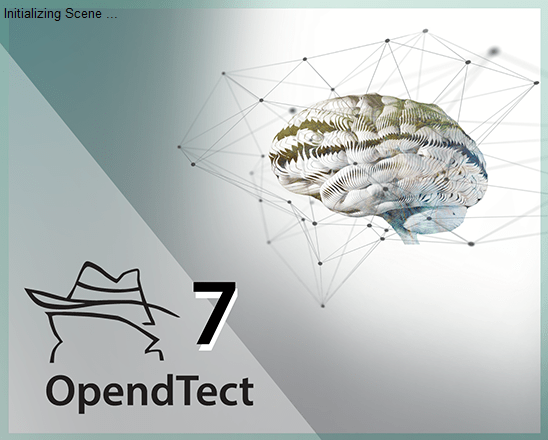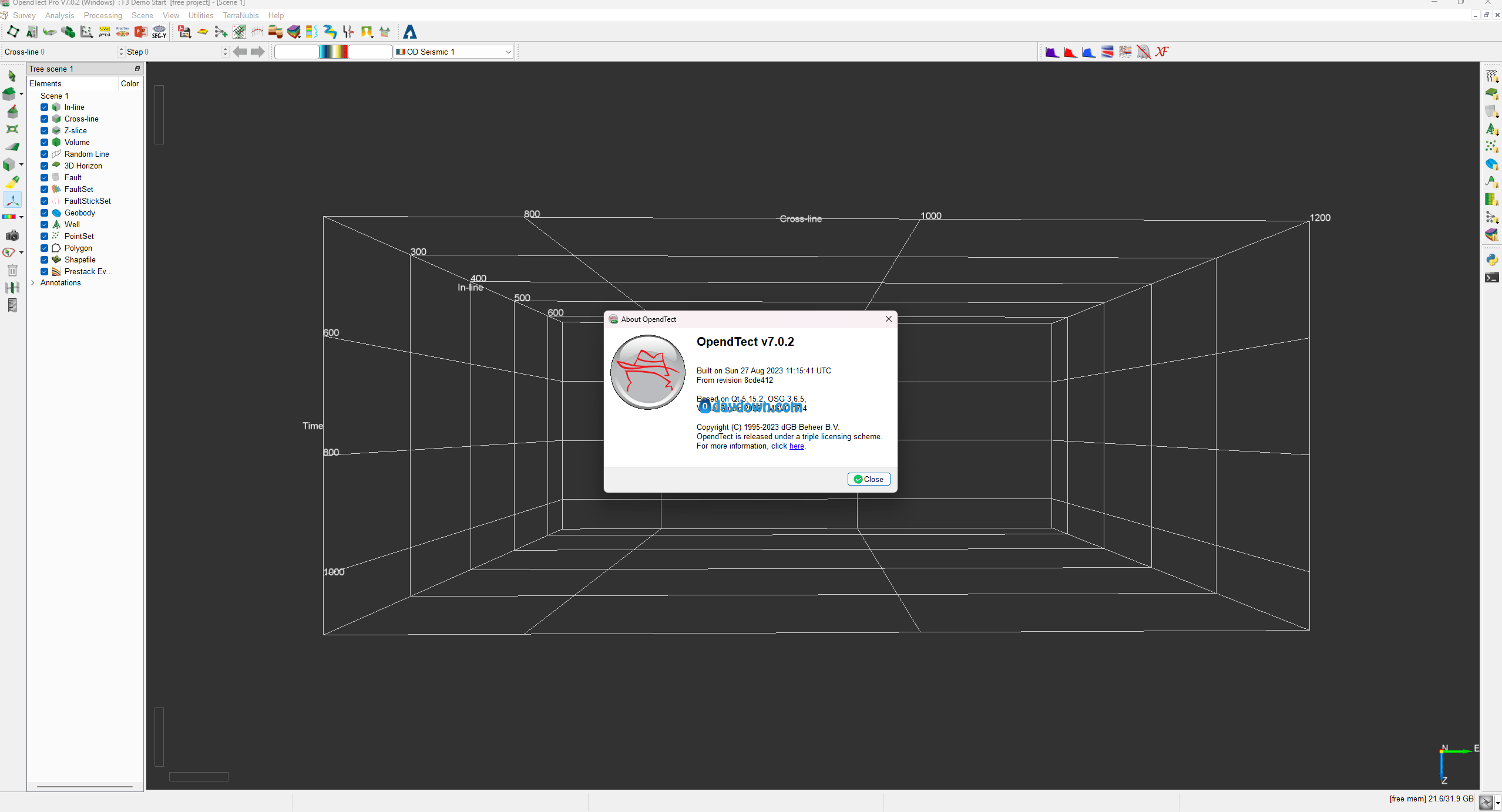
OpendTect软件是荷兰dGB公司研发的一个地震目标检测系统,集层序地层解释系统、倾角导向、地震颜色反演等功能为一体,可同时对多个地震属性体进行处理、可视化和解释。其中最具特色的技术是倾角导向和层序地层解释系统。
该软件利用倾角导向可直接生成导向体,导向体包含空间每一个采样点的倾角和方位角信息,在多道属性处理及滤波时利用导向体来充分考虑地质目标体的空间展布,从而提高目标体及断裂检测的精度。
此外,运用倾角导向功能还可自动追踪年代地层事件,进而进行沉积体系域解释,帮助研究人员更直观、更深刻地理解地层沉积演化过程
x64 | File Size: 5.90 GB
Description
OpendTect is a free, open-source seismic interpretation system for visualizing, analyzing and interpreting 2D, 3D and 4D seismic data. It is also widely used for Geo-Radar interpretation. OpendTect is released under the GNU Public License (GPLv3 or higher).
OpendTect is also a software development environment for fast-track development of new plugins (in C++). Third-party developers can choose to develop under the GPL license. If so, derived products must be released as open-source plugins (copy-left principle). Alternatively, developers can opt to develop under the OpendTect Pro license agreement, which permits development of closed source plugins. Code developed in Matlab and Python can be integrated into OpendTect. For more information, please visit the software development page.
“dGB’s business model promotes sharing ideas and advancing technology together.”
–Jean-Francois Dutzer, Geophysics R&D Manager, GdF-Suez
“OpendTect was one of the keys of success of our IBA teams who could secure second place in the regional competition for this year 2020 and the first place for the past three years.”
–Mohammed Farfour, PhD Earth Science Department, Sultan Qaboos University………………
System Requirements
OS:10/11, older Windows versions may work, but are no longer tested.
CPU:Intel/AMD, 64 bits
GPU:Basic Intel graphics cards or Nvidia (e.g. recent GeForce/Quadro/NVS series) graphics cards; AMD graphics cards may work.
Memory:DDR4 memory, 16 GB of RAM, OpendTect itself needs at least 2 GB RAM. Therefore, 16 GB will almost certainly be the absolute minimum.
Storage:SSD is best, other good options are Hard Disk and Network Drive.
This is usually under-valued, but it’s often the crucial performance component. SSD disks will give a tremendous boost in performance; essentially, data on SSD disks loads almost as fast as pre-loaded, in-memory data. Performance could be miserable if data needed to stream through (relatively) slow disks and/or networks.
Password/解压密码www.tbtos.com
